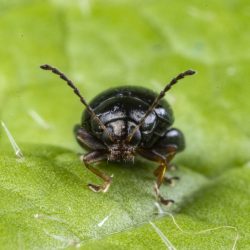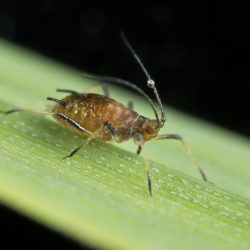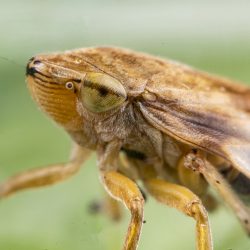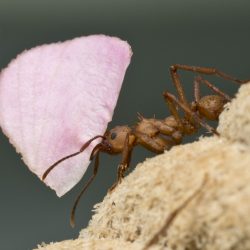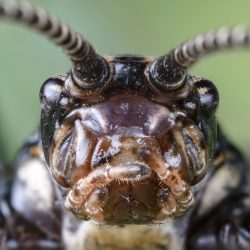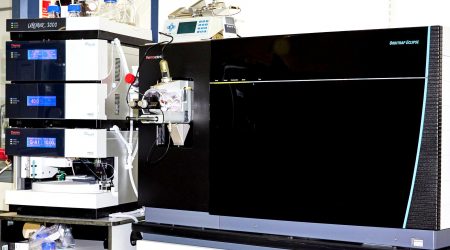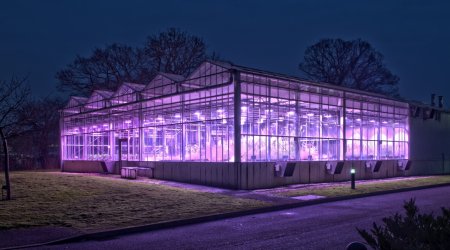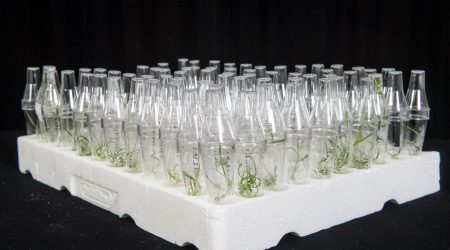Entomology and Insectary
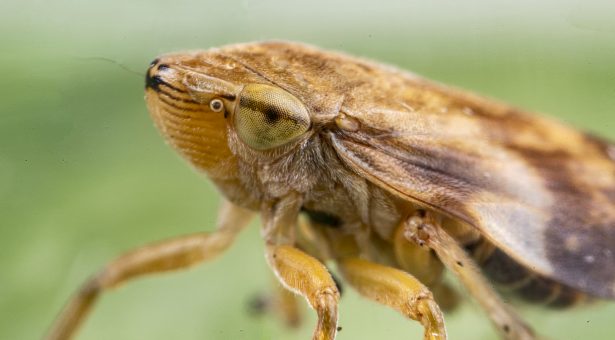
The Entomology and Insectary platform offers a skilled team of entomologists with extensive experience to maintain, design, undertake and oversee a wide range of experiments with national and international academic and commercial partners.
The team are highly experienced in establishing colonies of a wide range of species, particularly those associated with crop losses, the transmission of plant pathogens (bacteria and viruses), or the production of natural products of interest.
The platform is specialised in small-scale highly-controlled experimentation and they pride themselves in their innovative approaches and attention to detail. The platform has a quarantine insectary with several controlled environment rooms and rearing chambers where the team follow high-quality quarantine standards and hold a DEFRA licence to import, rear and work with over forty different species of prohibited invertebrates.
The Entomology and Insectary platform is unique in its capability to generate invertebrate genomic resources and analyse large genomic datasets using evolutionary approaches. Our Entomology and Insectary platform can work with you, whether your project is academic or commercial, national or international.
The team offers the design and performance of customised experiments, genomic services and training suited to your needs.
Development and implementation of customised experiments
The Entomology and Insectary team has particular experience in developing and performing customised assays in the following areas:
- Plant-invertebrate interactions
- Vector-borne disease agents of plants
- Microbe associations and natural products
- Evaluation of the efficacy of treatments for pest control
- Screening of plant varieties for resistance to pests
Genomic services
The Entomology team, in collaboration with John Innes Centre research groups, can generate invertebrate genomic resources and analyse large genomic datasets using evolutionary approaches. They can:
- Develop and maintain biological and digital genotype and phenotype databases
- Genotype invertebrates using single and multi-marker approaches
- Apply population genetics to assess the structure of populations and demographic trends and migration of pests
- Use DNA barcoding approaches to identify pests accurately and track and trace species, populations and biotypes
Training
The experienced team offer sharing of their expertise in establishing colonies of invertebrates and the design of experiments involving invertebrates in the following ways:
- Consultancy services
- One-to-one training
Please contact us for more information

